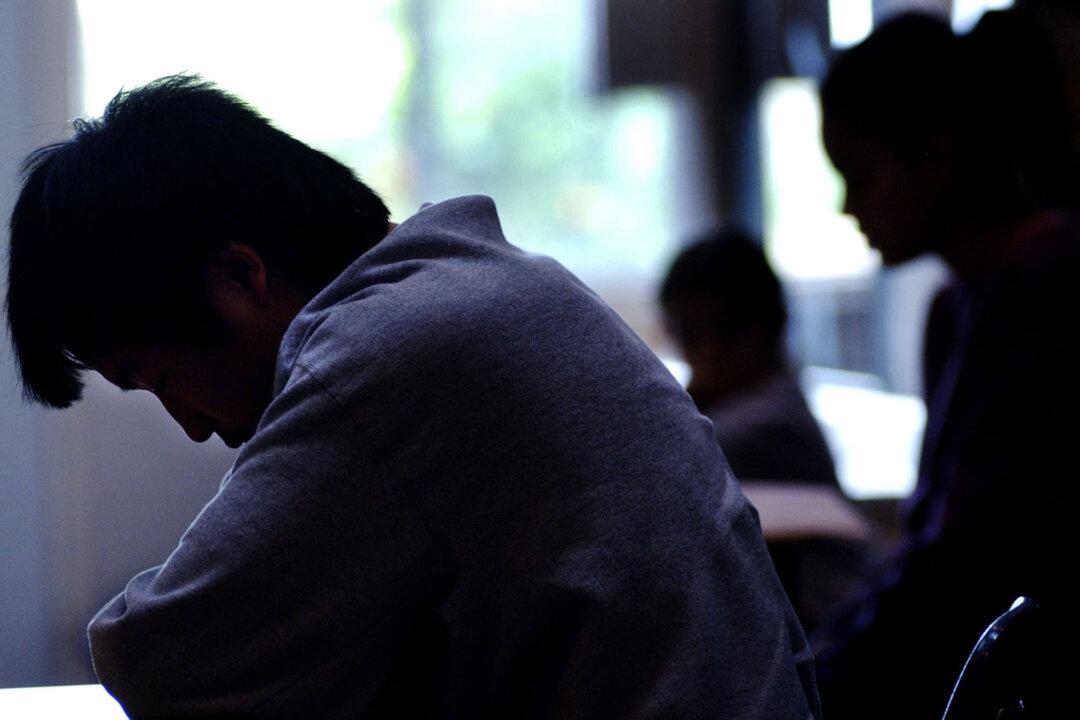Former foster youth in San Francisco and Ventura counties will have an opportunity to receive monthly incomes of $1,000 or more for 1 ½ years thanks to a new guaranteed income pilot program, announced Nov. 3 by California Gov. Gavin Newsom.
The state’s Department of Social Services will run the programs, providing cash payments to recipients with a goal of overcoming poverty and finding stability. The counties’ human services agencies, which provide social services to residents, will distribute the funds.





